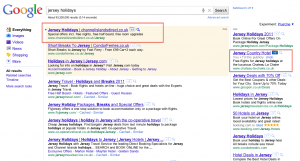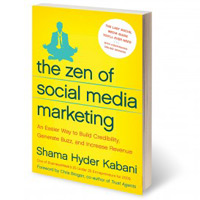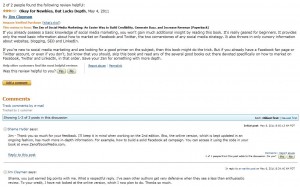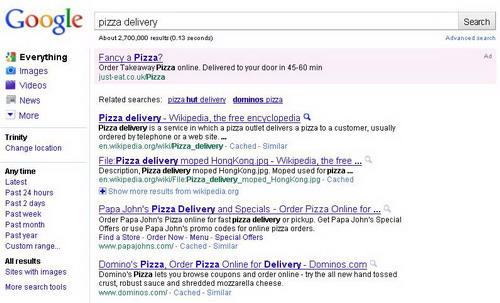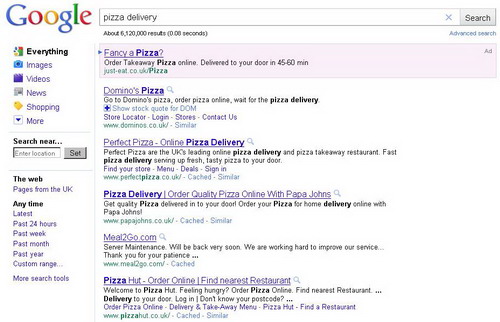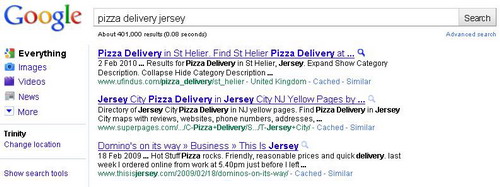Have you ever wondered? Most likely not, it’s like asking yourself how to select a new AI bot to manage your finances. Here at the end of 2016 as a technology company we need to predict the future and shoot ahead of the duck to stay relevant, that’s why we decided to launch a comparison website for electric cars. We believe that the new wave of vehicles will change the face of the automotive industry – creating opportunities for new startups, both hardware & software companies.
Signs of old industry
Car industry looks outdated and not even aware of the upcoming revolution. This creates opportunities for others, most likely the cars that will dominate the market in the future won’t come from the incumbent manufacturers, such as BMW, Mercedes or VW. It’s hard to imagine that these companies will survive the next 10 years without any significant acquisitions.
New customer
New customer buying a digital car is not the stereotypical fellow comparing engine power, acceleration or fuel economy. The new customer will be different. Most of the criteria used to select the new type of vehicles probably don’t exist, we will certainly be more concerned about data security, accident prevention systems, charging, connectivity and usability of car interface.
Introducing whatauto.expert
At whatauto we want to be first to report on the upcoming car innovation, we are interested in purchasing behaviour of the end customers. We are fascinated about the new wave of use cases for cars, to include the areas such as:
- greater safety on roads
- productivity
- new services, including in-car entertainment
- mobility and impact on public transport
- car to car communication
- impact on environment
So log on to whatauto.expert to stay up to date with the car innovation from the digital perspective.
